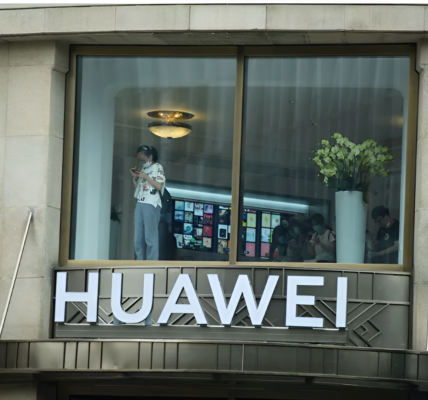
As we welcome the new year, several significant changes are set to take effect across various sectors, impacting businesses, consumers, and the economy. From higher car prices to updates in GST compliance, here’s a rundown of what to expect starting January 1, 2025.
1. GST Compliance Updates
- Mandatory Multi-Factor Authentication (MFA): Beginning January 1, accessing the GST portal will require Multi-Factor Authentication (MFA) for all taxpayers. Businesses and individuals will need to ensure their mobile numbers are updated and systems are prepared for this security enhancement.
- E-Way Bill Changes: The government has introduced stricter rules for E-Way Bills, limiting their generation to documents no older than 180 days. This change is expected to streamline logistics but will require businesses to adjust their invoicing and supply chain processes to prevent disruptions.
2. Automobile Price Hikes
- Car buyers will face higher prices across several major brands starting January 1. Automakers, including Mahindra & Mahindra, Hyundai Motor India, Maruti Suzuki, Tata Motors, Kia India, and JSW MG Motor, are raising prices by up to 4%. The price hikes are attributed to rising input costs and inflation, impacting SUVs, commercial vehicles, and passenger cars, including electric models.
3. Easier Visa Processes for Thailand and the US
- Thailand: From January 1, Thailand will expand its e-visa system to applicants from all countries, making it easier for international visitors, including Indians, to apply for travel documents online.
- United States: Starting January 1, non-immigrant visa applicants can reschedule their appointments once without incurring additional fees. Additionally, from January 17, the US will implement more flexible rules for the H-1B visa process, improving options for employers and easing transitions for Indian professionals on F-1 visas.
4. New Telecom Regulations
- The Right of Way (RoW) rules in the telecom sector have been updated to simplify the installation and maintenance of telecom infrastructure. This includes mobile towers and underground cables. A “deemed permission” system has been introduced for certain critical projects, speeding up approvals and bypassing bureaucratic delays. Temporary telecom networks for public events will also be allowed more easily.
5. Revised RBI Rules for Fixed Deposits with NBFCs
- The Reserve Bank of India (RBI) has revised rules for fixed deposits with Non-Banking Financial Companies (NBFCs) and Housing Finance Companies (HFCs). Under the new guidelines, depositors can withdraw small deposits of up to ₹10,000 prematurely without interest. Larger withdrawals (capped at 50% of the principal or ₹5 lakh, whichever is lower) will also not attract interest. NBFCs will be required to notify depositors about FD maturities at least 14 days before the due date, down from the previous two-month notice period.
6. UPI Limit Extended for Feature Phones
- In a move to make digital payments more inclusive, the RBI has doubled the transaction limit for UPI 123Pay users on feature phones to ₹10,000. This change is aimed at enhancing digital payments in rural and semi-urban areas, where feature phones are still common, and will allow users to make transactions without an internet connection.




